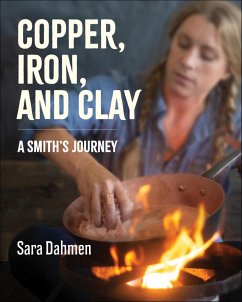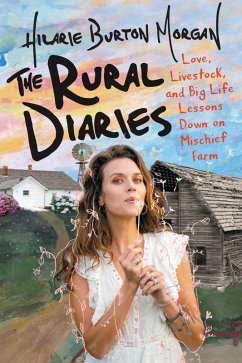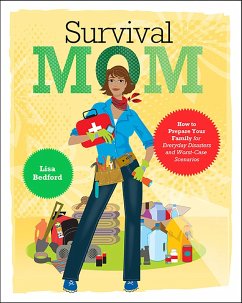
Loitering in Pleasant Paths (eBook, ePUB)
Versandkostenfrei!
Sofort per Download lieferbar
0,49 €
inkl. MwSt.
Weitere Ausgaben:

PAYBACK Punkte
0 °P sammeln!
In "Loitering in Pleasant Paths," Marion Harland weaves a tapestry of reflections that celebrate the beauty of everyday life, offering readers a rich interplay of personal anecdote and meditative prose. Written in a style that bursts with vivid imagery and emotional resonance, this collection stands as a quintessential example of 19th-century American literature, steeped in the tradition of transcendentalism and domesticity. Harland's poignant observations on nature, home, and the societal roles of women invite readers to linger in her eloquent descriptions while contemplating their own experi...
In "Loitering in Pleasant Paths," Marion Harland weaves a tapestry of reflections that celebrate the beauty of everyday life, offering readers a rich interplay of personal anecdote and meditative prose. Written in a style that bursts with vivid imagery and emotional resonance, this collection stands as a quintessential example of 19th-century American literature, steeped in the tradition of transcendentalism and domesticity. Harland's poignant observations on nature, home, and the societal roles of women invite readers to linger in her eloquent descriptions while contemplating their own experiences and surroundings. Born Mary E. Wilkins Freeman in 1830, Marion Harland grew to become a pioneering figure in American women's literature. Her background as a Southern woman, combined with her keen insights into the complexities of marriage and domestic life, informed her writing, compelling her to explore themes of self-discovery and fulfillment. Harland's literary journey was marked by her collaboration with various publications, reinforcing her commitment to enhancing women's voices in literature during her time. "Loitering in Pleasant Paths" is a delightful read for anyone who appreciates the serenity found in ordinary moments. It offers a gentle reminder to savor life's simple pleasures and encourages a thoughtful exploration of one's surroundings. This book is perfect for readers seeking inspiration through the lens of poetic thought and historical context.
Dieser Download kann aus rechtlichen Gründen nur mit Rechnungsadresse in A, B, BG, CY, CZ, D, DK, EW, E, FIN, F, GR, H, IRL, I, LT, L, LR, M, NL, PL, P, R, S, SLO, SK ausgeliefert werden.













